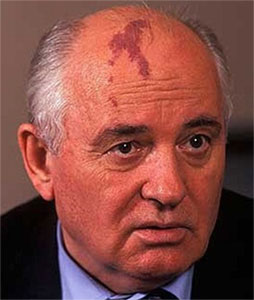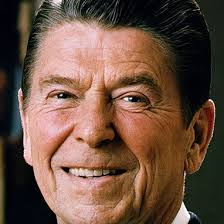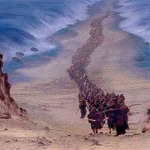
Our opinion: Gorbachev was actually trapped. The economy was falling apart, his society was disenchanted with the Communist ideology, and military spending had become unsustainable, particularly because of “Star Wars” and the Jackson-Vanik amendment. Unlike his predecessors on the Soviet throne, he was relatively young, only 54. He wanted his rule to last not merely a year or two like Andropov or Chernenko. Rather, he hoped to keep the reigns of the giant country in his hands for a decade or even two. In order to survive politically, he urgently needed far-reaching reforms.
His internal economic reforms had failed. His last resort was to make a radical improvement in the relationship with the West. In other words, he had to make reforms that would meet Western demands.
One of these demands was to allow free emigration. The Jackson-Vanik amendment linked this demand to preferential status in trade with the USA. In all his contacts with Gorbachev, U.S. President Ronald Reagan was adamant in demanding freedom of emigration as a prerequisite for any improvement of relations.
This is most likely the main reason behind Gorbachev’s decision to open the doors.
Ronald Reagan: Appeasement Cannot Buy Security and Freedom


Leave a Reply